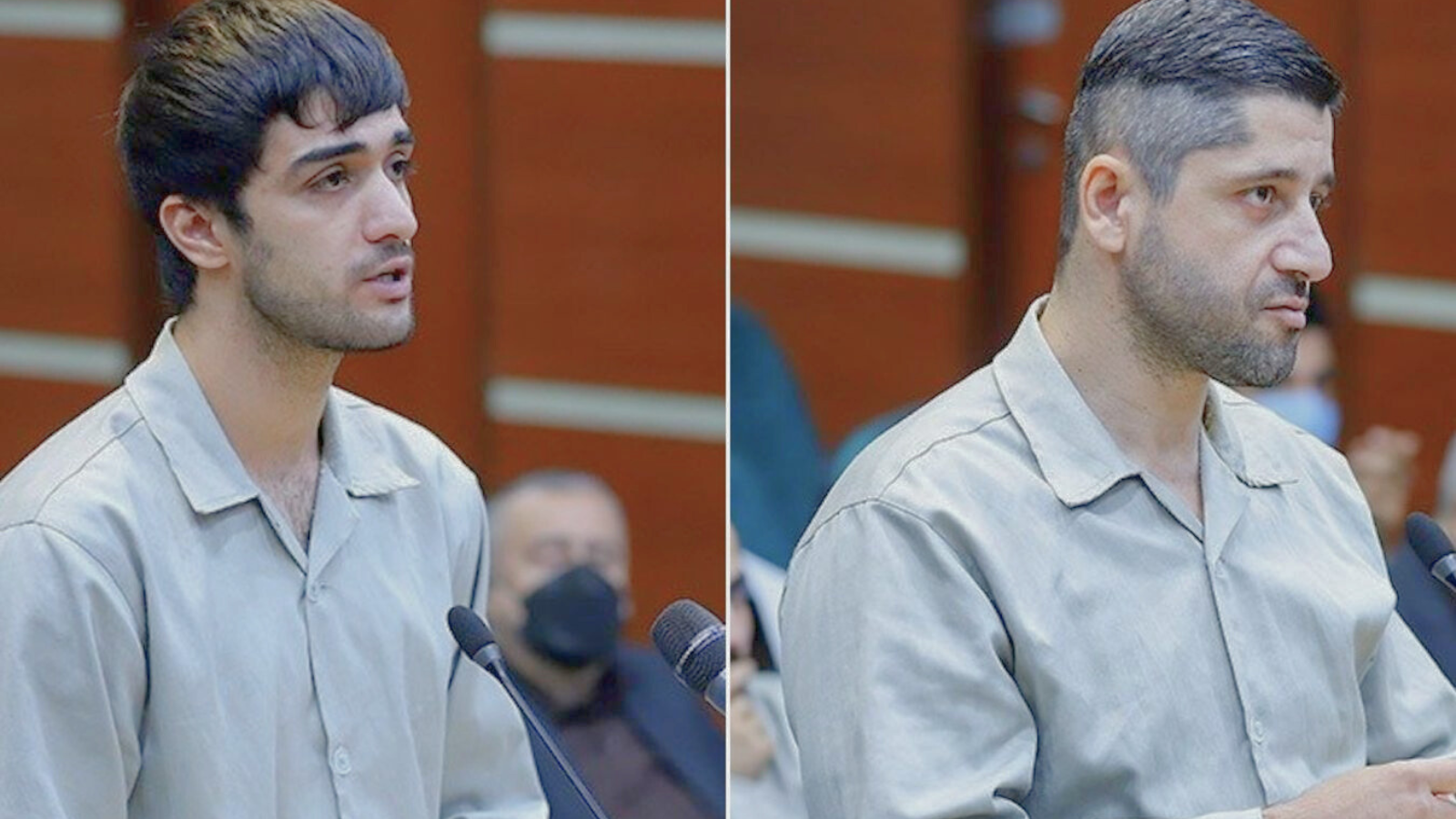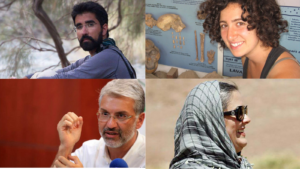Two human rights organizations revealed a 75% increase in execution rates in Iran during 2022, reaching the highest annual figure since 2015. Released on Thursday, April 13, the 15th annual report of the Iran Human Rights Organization and All Together Against Execution indicates that a minimum of 582 individuals were executed last year, a significant rise from 2021’s 333 recorded executions.
The report details that 49% (288) of 2022’s executions were for murder charges, marking the highest percentage in 15 years. 44% (256) of the total executions were related to drug offenses, with official sources only announcing three of them (1.2% of all drug-related executions). This is a sharp increase from prior years. In 2021, executions on drug offenses accounted for only 126 cases, or 38% of the total executions in the year, and an average of just 24 cases from 2018-2020. Additionally, at least 23 individuals faced execution due to sexual assault charges, and a minimum of 15, including two protesters, were executed on security-related charges such as “Moharebeh” and “Corruption on earth.” Juvenile executions numbered at least three, and at least 16 women were executed.
Public executions returned after a two-year pause on the practice. Iman Sabzikar and Majidreza Rahnavard, accused of murder and protesting, respectively, were executed publicly in Shiraz and Mashhad.
The Islamic Republic’s authorities and legal institutions, as well as state media, refrain from releasing official news and general statistics regarding executions. Consequently, the actual number of executions may be higher than reported figures. The joint annual report by the Norway-based Iran Human Rights Organization and the French organization All Together Against Executions suggest that the surge in executions is an attempt to instill “social terror” and fear amid nationwide protests to “preserve power.”
This annual report highlights that the four individuals executed for alleged activities during nationwide “Woman, Life, Freedom” demonstrations were deprived of chosen legal representation, hastily sentenced to death and executed. Moreover, numerous arrested protesters received death sentences which prompted severe international criticism.
The report’s authors suggest that the Islamic Republic authorities executed more non-political prisoners in response to the international community’s heightened concern on political prisoners. Iran Human Rights Director Mahmood Amiry-Moghaddam said: “The international reactions to the death sentences against protesters have made it difficult for the Islamic Republic to proceed with their executions. To compensate, and in order to spread fear among people, the authorities have intensified the execution for non-political charges.” As a result, at least 127 people were executed in November and December 2022, including 67 individuals accused of drug-related crimes and 53 people accused of murder.
This report discloses that 71 execution cases (12%) were announced by official sources, while 88% of the total executions documented in the 2022 report, equating to 511 executions, were not disclosed by official authorities. This data highlights the severe censorship and lack of transparency in the Islamic Republic’s judicial branch. The execution announcement rate was 16.5% in 2021, contrasted with an average of 33% between 2018-2020. Censorship and lack of transparency in the Islamic Republic reached its highest level in the past decade in 2022, with over 88% of executions and 99% of drug-related executions not officially announced by authorities.
In November 2017, Iran amended its drug laws with the aim of reducing the severity of penalties for drug-related offenses, particularly capital punishment. However, Raphaël Chenuil-Hazan, the director of the All Together Against Execution organization, commented on the alarming increase in drug-related executions, which have undermined earlier, positive reforms in anti-narcotics laws. He warned that the United Nations Office on Drugs and Crime (UNODC) and the countries funding its projects in Iran have failed to react to the reversal of these reforms, sending the wrong message to Iranian authorities. According to the All Together Against Death Penalty director, abolishing the death penalty for drug-related crimes should be a prerequisite for future cooperation between the UNODC and Iran in combating drug trafficking.
The annual report from the Iran Human Rights Organization and All Together Against the Death Penalty states that more than four thousand executions (4029) have been carried out since 2010, all based on death sentences issued by revolutionary courts.
At least 624 prisoners sentenced to death for murder were pardoned by the victims’ families under laws pertaining to revenge this year.
These organizations called on the international community, particularly the United Nations Office on Drugs and Crime and countries with diplomatic ties to the Islamic Republic and other member states, to actively support human rights improvement in Iran. Currently, 147 governments worldwide have abolished the death penalty or halted executions. Of the 57 Organization of Islamic Cooperation member countries, 20 have legally abolished the death penalty, and 14 have ceased carrying out death sentences. “Forced confessions under torture,” “denial of access to legal counsel and fair trials,” “a judiciary acting as a government repression tool,” and “the lack of an independent judicial system” are considered the main hurdles to abolishing the death penalty in Iran. Revolutionary courts continue to issue a significant number of death sentences after more than 44 years since the system’s establishment.
Back to top

